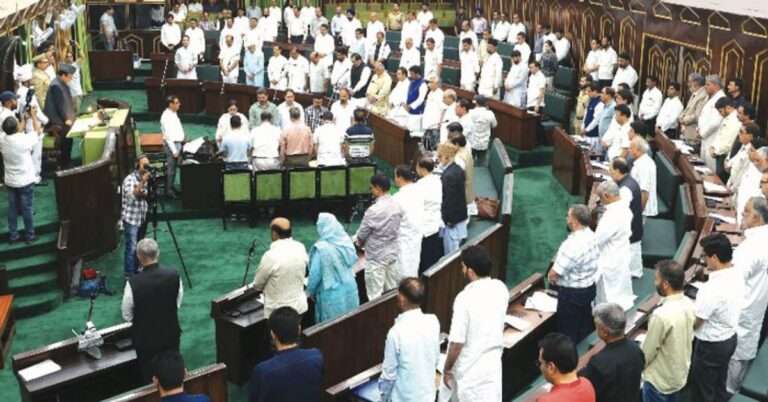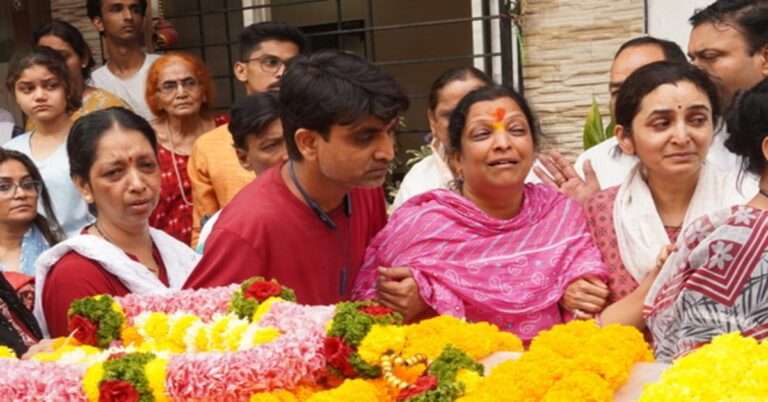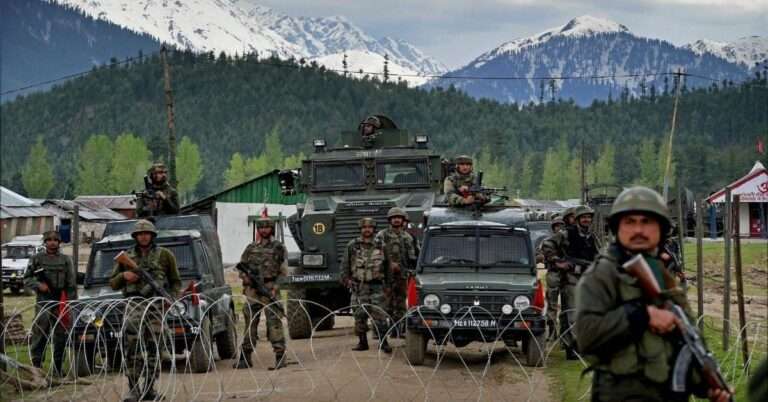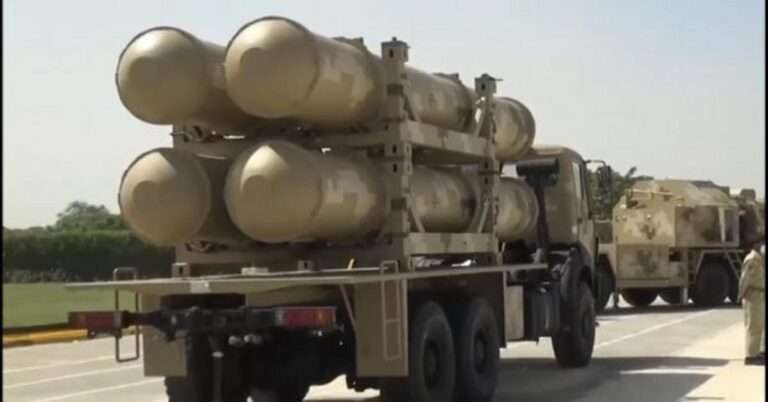
**The Politicization of Ram Navami in Bengal: Understanding Armed Processions**
Have you ever heard about the celebration of Ram Navami in West Bengal? It’s a festival that commemorates the birth of Lord Rama, a prominent figure in Hindu mythology. However, in recent years, this religious festival has taken on a more political undertone in the state, with armed processions becoming a common sight. Let’s delve into the complexities of this issue and explore its implications.
**Ram Navami: A Festival of Reverence**
Ram Navami is traditionally celebrated with great reverence and devotion by Hindus around the world. It is a time to honor Lord Rama, the seventh avatar of the Hindu god Vishnu, who is revered for his righteousness and moral values. The festival typically involves prayers, bhajans (devotional songs), and processions where devotees carry idols of Lord Rama and chant hymns in his praise.
In West Bengal, the celebration of Ram Navami has taken on a more elaborate form in recent years, with the emergence of armed processions. These processions, led by political and religious organizations, often feature participants brandishing weapons such as swords, tridents, and axes. While some view these displays of arms as a show of strength and religious fervor, others see them as a symbol of intimidation and aggression.
**The Intersection of Religion and Politics**
The politicization of Ram Navami in Bengal has sparked debates about the intersection of religion and politics in the state. Political parties have seized upon the festival as an opportunity to mobilize their support base and showcase their commitment to Hindu identity and values. This has led to a polarizing effect, with tensions rising between different communities and groups.
On one hand, supporters of the armed processions argue that they are a legitimate expression of religious fervor and a way to defend Hindu traditions and culture. They believe that such displays of strength are necessary to protect their community from external threats and uphold the sanctity of their beliefs.
On the other hand, critics of the armed processions raise concerns about the escalating violence and potential for communal clashes. They argue that the use of weapons during religious festivals goes against the spirit of peace and tolerance promoted by Hinduism. Furthermore, they question the motives behind the militarization of a traditionally peaceful celebration.
**Navigating Through Complexities**
As we navigate through the complexities of the politicization of Ram Navami in Bengal, it’s crucial to remember the underlying principles of harmony and respect that are at the core of Hinduism. The festival of Ram Navami is meant to be a time of spiritual reflection and cultural celebration, not a platform for divisive agendas and confrontational displays.
One way to address these issues is through open dialogue and mutual understanding. By engaging in constructive conversations with individuals from diverse backgrounds, we can work towards fostering a sense of unity and cooperation. It’s essential to listen to different perspectives and empathize with the concerns of others, even if they differ from our own.
**The Way Forward**
As we reflect on the politicization of Ram Navami in Bengal, it’s important to consider the impact of our actions on the larger community. By promoting inclusivity and mutual respect, we can create a more harmonious society where everyone feels valued and accepted. Let us strive to uphold the true spirit of Ram Navami – one of love, compassion, and togetherness.
In conclusion, the armed processions marking Ram Navami in Bengal represent a complex interplay of religious beliefs, political motivations, and social dynamics. By approaching this issue with empathy, understanding, and a commitment to dialogue, we can foster a more peaceful and cohesive society for all. Let’s celebrate the festival of Ram Navami in its true essence – as a time of reverence, reflection, and unity.




